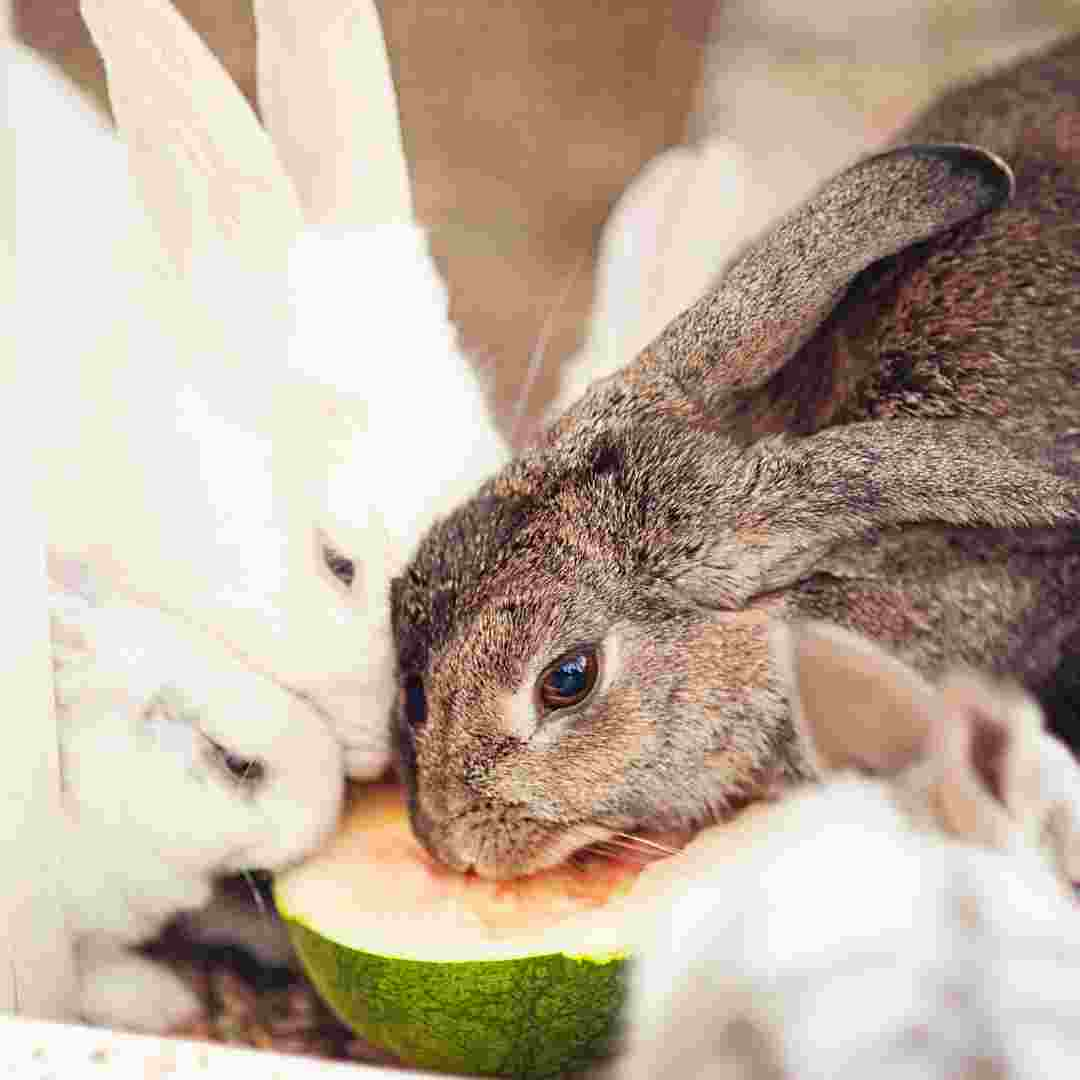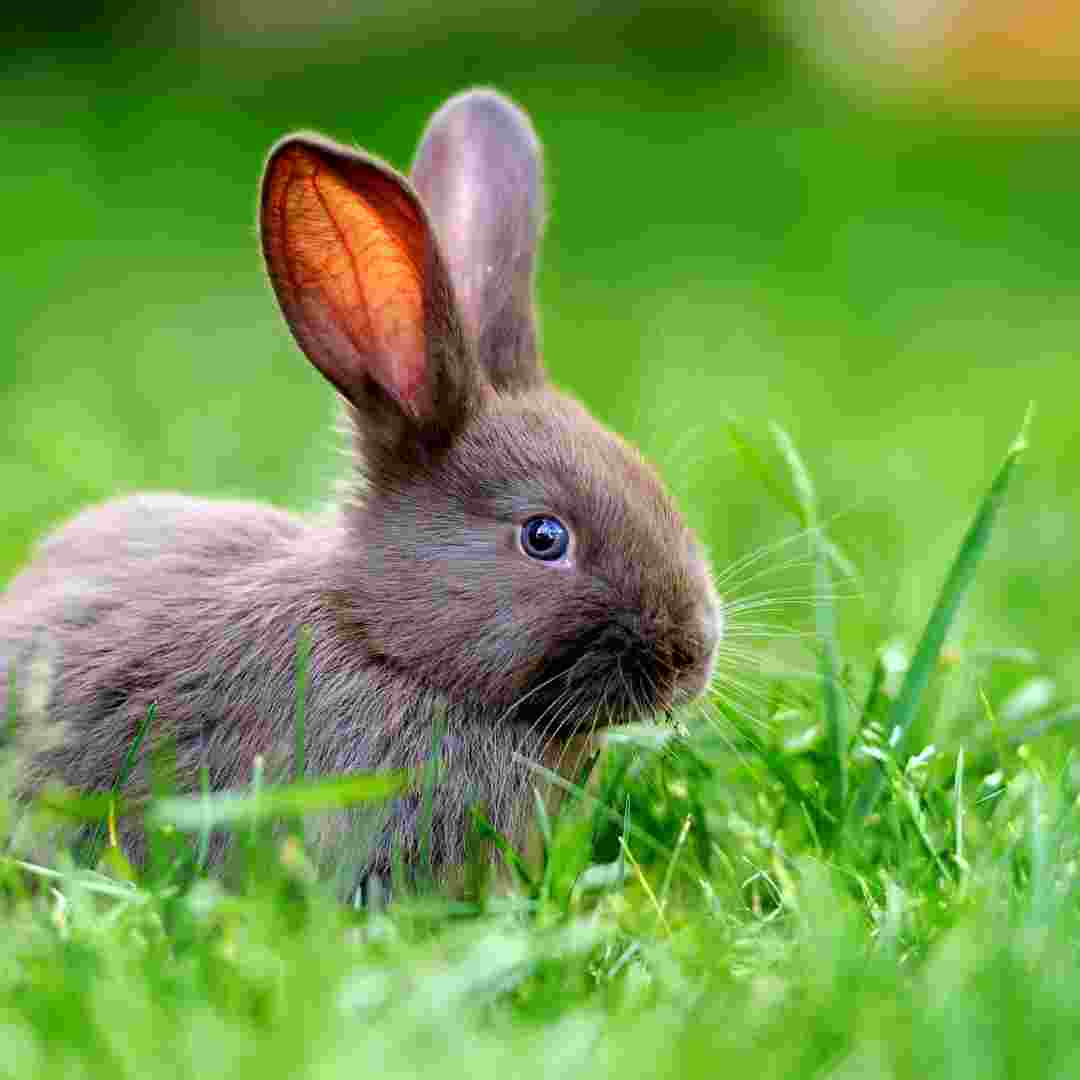Contents Table
Introduction
Average Rabbit Lifespan: How Long Do They Live?
Benefits of Rabbit Ownership: Maximising Pet Lifespan
How to Identify and Treat Common Rabbit Health Issues
Proper Rabbit Nutrition: How to Keep Your Pet Healthy
Rabbit Health and Exercise: How to Keep Your Pet Fit
Q&A
Conclusion
Introduction
Many people keep rabbits as pets, and they make great pets. But how long do rabbits live? Rabbits live 8–12 years, depending on breed and lifestyle. Rabbits can live 15 years or more with good care and nourishment. How to keep your rabbit healthy and long-lived is covered in this article.
Average Rabbit Lifespan: How Long Do They Live?
Rabbits are cherished pets that bring joy and company. How long do rabbits live? Rabbits live 8–12 years, depending on breed and care.
Domestic rabbits, the most common pet bunny, live 8–12 years. Certain breeds, like the Netherland Dwarf, can survive 15 years. However, predators and other factors limit wild rabbit lifespan to 1–2 years.
Diet, exercise, and environment affect rabbit lifespan. Healthy eating is crucial for long life. Rabbits should eat hay, fresh vegetables, and some pellets. Rabbits need exercise to stay healthy and active. Finally, rabbits need a stress-free, predator-free environment.
A balanced diet, plenty of exercise, and a safe environment can help your rabbit live a long and happy life.
Benefits of Rabbit Ownership: Maximising Pet Lifespan
Many homes choose rabbits as pets for good reason. They are cute and cuddly, but they also have several benefits that make them good pets. Rabbits are rewarding pets due to their cheap upkeep and long lifespans. Here are some ways to prolong the life of your pet rabbit.
Your rabbit needs a nutritious diet first. Your rabbit needs hay, fresh veggies, and a few pellets to stay healthy. Fiber-rich hay should be your rabbit's main food to support their digestive function. Fresh vegetables might create digestive difficulties if fed in excess. Pellets are high in calories and can cause obesity, so offer them sparingly.
Second, your rabbit needs a safe and comfortable home. Rabbits need space to explore and a safe spot to hide and relax. The cage should be clean and large enough for your rabbit to stand and spin around. Avoid direct sunlight and draughts and situate the cage in a calm spot.
Third, exercise your bunny regularly. Rabbits are busy and need to investigate their surroundings. Keeping your rabbit amused with toys and activities will keep them healthy and active. You may also exercise your rabbit by letting them run around your house or yard for supervised fun.
Finally, your rabbit needs frequent vet visits. Your rabbit needs regular checkups and vaccines to detect health risks early. Spaying or neutering your rabbit can also lessen health issues and aggression.
Follow these tips to keep your rabbit healthy and long-lived. Your rabbit can be a devoted and loving friend for years with proper care.
How to Identify and Treat Common Rabbit Health Issues
Rabbits are lovely pets but might have health difficulties. Owners should know the indicators of rabbit health issues so they can take action.
Dental disease is frequent in rabbits. Rabbit teeth grow continuously and can become enlarged and painful if not chewed. Drooling, hunger loss, and weight loss indicate oral illness. To wear down teeth, trim them and feed them hay and other fibrous foods.
A typical rabbit health issue is gastrointestinal stasis. This delays or stops digestion. Loss of appetite, tiredness, and soft, foul stools are symptoms of gastrointestinal stasis. Treatment includes a high-fiber diet, medicines, and water to prevent dehydration.
Ear mites, microscopic parasites in the ears, can also affect rabbits. Head shaking, ear scratching, and dark ear discharge are signs of ear mites. Mites are killed by washing the ears and using a topical treatment.
Finally, bacteria, viruses, and fungus can cause respiratory illnesses in rabbits. Sneezing, coughing, and eye or nasal discharge indicate respiratory illnesses. Antibiotics, fluids, and rest are given.
Owners can identify and treat rabbit health issues by knowing the indicators. Visit a professional to diagnose and treat your rabbit if you suspect illness.
Proper Rabbit Nutrition: How to Keep Your Pet Healthy
Rabbit health depends on proper nutrition. Rabbits can develop digestive disorders, obesity, and dental disease without a balanced diet. To keep your rabbit healthy and happy, provide them a balanced, customised diet.
Rabbits are herbivores and should eat mostly hay, fresh vegetables, and a few pellets. Hay is abundant in fibre and helps rabbits digest, thus it should be their main food. Because they contain vitamins and minerals, fresh veggies should be served regularly. Small amounts of pellets are recommended because they are high in calories and can cause obesity.
Your rabbit needs fresh, clean water too. To prevent bacteria growth, change water and clean the bowl everyday.
In addition to a proper food, your rabbit needs activity. Rabbits need a large, safe enclosure to explore. To keep your rabbit busy, provide toys and enrichment.
Finally, watch your rabbit's health and weight. Regular vet visits can detect health issues before they worsen. To lose weight, your rabbit has to eat less and exercise more.
You can keep your rabbit healthy and happy by following these suggestions. Your rabbit can live long and healthy with adequate nutrition, activity, and medical checkups.
Rabbit Health and Exercise: How to Keep Your Pet Fit
Pet rabbits need exercise to stay healthy. Exercise helps maintain a healthy weight, builds muscles, and promotes health. Boredom is reduced and health issues may be prevented.
Rabbits exercise naturally. Their curiosity and playfulness require lots of space. The greatest approach to exercise your rabbit is with a spacious, safe enclosure. This should provide toys, space to hop, and other entertainment.
Include a safe enclosure and regular outdoor exercise for your rabbit. This can be done in a fenced yard or huge playpen. Since rabbits can get into danger outside, always supervise them.
To get your rabbit moving, give them toys and other stuff. They can play with tunnels, boxes, and other stuff. You may also give them chew toys to maintain their teeth.
Finally, remember that rabbits are social. You should give them lots of chances to engage with you and other bunnies since they love it. Playing, snuggling, and walking are examples.
Give your rabbit plenty of exercise, toys, and socialisation to be healthy. This will help your rabbit live long and happy.

Q&A
1. What is the average rabbit lifespan?
Most rabbits live 8-12 years, but some can reach 14 years.
2. What affects rabbit lifespan?
Diet, exercise, genetics, and environment affect rabbit lifespan. Healthy eating, exercise, and a clean environment can extend a rabbit's life.
3. Are there any health conditions that shorten rabbit life?
Dental disease, lung infections, and gastrointestinal troubles can limit a rabbit's lifespan. Regular vet visits and care can prevent these concerns.
4. Are there any long-lived rabbit breeds?
Rabbits like the Netherland Dwarf can live 14 years.
5. What is the oldest rabbit recorded?
A rabbit's oldest documented age is 18.
Conclusion
The normal pet rabbit lives 5-7 years, but they can live up to 10. Rabbits can live long and healthy with adequate nutrition and care. A balanced food, plenty of exercise, and regular veterinarian treatment will help your rabbit live long and happy.
